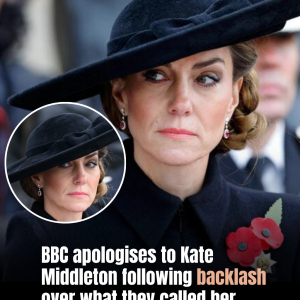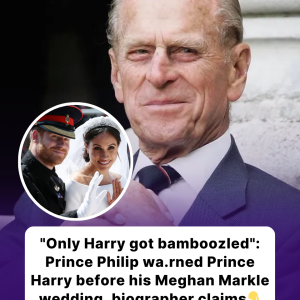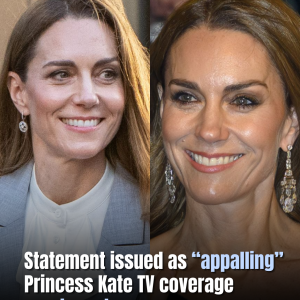
A state banquet hosted at Windsor Castle for French President Emmanuel Macron and First Lady Brigitte Macron has stirred unexpected controversy — not over foreign policy or fashion, but over a name card.
As part of their three-day visit to the UK, the Macrons were formally welcomed by members of the British royal family, including King Charles III, Queen Camilla, the Prince and Princess of Wales. Their official arrival was marked with military fanfare, a 41-gun salute, and a formal banquet at Windsor — the first state dinner attended by Princess Kate in over two years.

Ahead of the evening, the royal family’s social media channels shared footage of the final preparations at St George’s Hall, featuring glimmering silverware, floral arrangements, and the elegantly arranged seating plan. But what caught the public’s attention wasn’t the grandeur — it was a small card on the table that read: “Mrs. Brigitte Macron.”
That detail ignited a flurry of opinions online.
Why the name card touched a nerve
✨ Final preparations are taking place ahead of this evening’s State Banquet in St George’s Hall, Windsor Castle. pic.twitter.com/timKDXAi8i
— The Royal Family (@RoyalFamily) July 8, 2025
Some social media users quickly called out what they saw as a break from tradition. According to formal etiquette still followed by some in diplomatic and aristocratic circles, a married woman is traditionally referred to as “Mrs. [Husband’s Full Name]” in official settings. One critic labelled the card a “slip in standards,” adding, “A lady takes her status from her husband.” Others called it “an embarrassment” and “a death knell for etiquette.”

But many pushed back, arguing that such traditions feel outdated — particularly in 2025. Supporters of the naming choice praised it as a recognition of women as individuals, not simply extensions of their spouses.
“It’s her name,” one X user wrote bluntly. “Why shouldn’t she be addressed as Brigitte Macron?”
Others pointed out that in modern protocol, especially in diplomatic events involving multiple countries, using a person’s full name can help avoid confusion — especially when the woman is also a public figure. “We’re not owned by our husbands,” another woman wrote. “It’s the 21st century.”
Some argued that even among royals and heads of state, traditions must evolve. “Formality shouldn’t mean erasing someone’s identity,” one commenter noted.

Though Buckingham Palace has not issued a response, the debate underscores how even the smallest gestures in public life — like the wording on a name card — can reflect much larger cultural shifts.
Whether seen as a breach of old etiquette or a quiet nod to modern sensibilities, the moment offered a snapshot of how gender roles, formality, and public expectations continue to collide — even at the most polished of royal tables.




